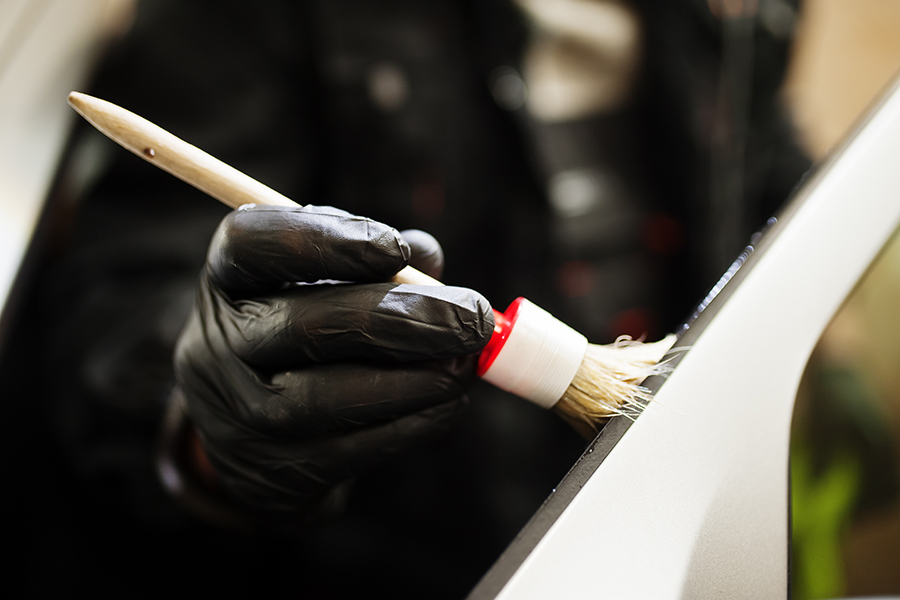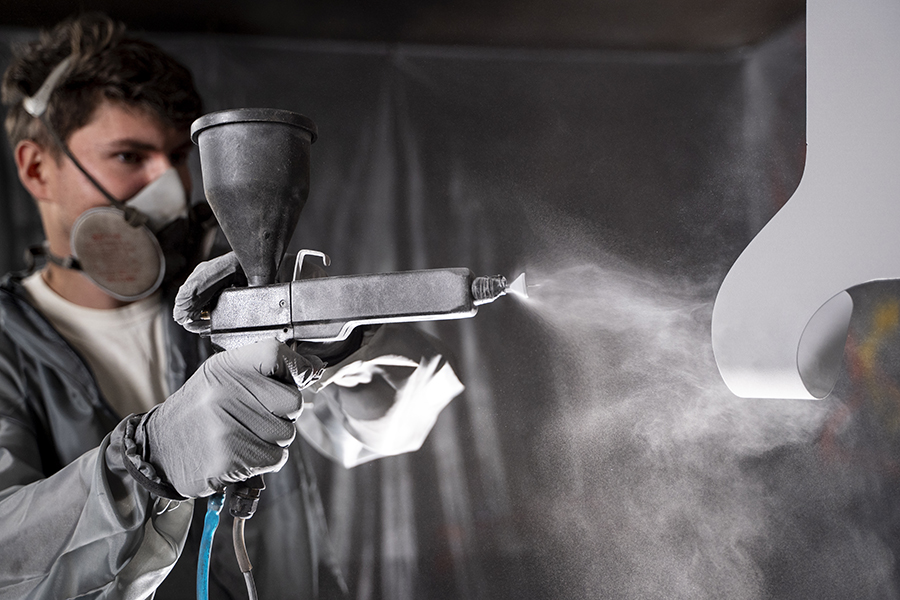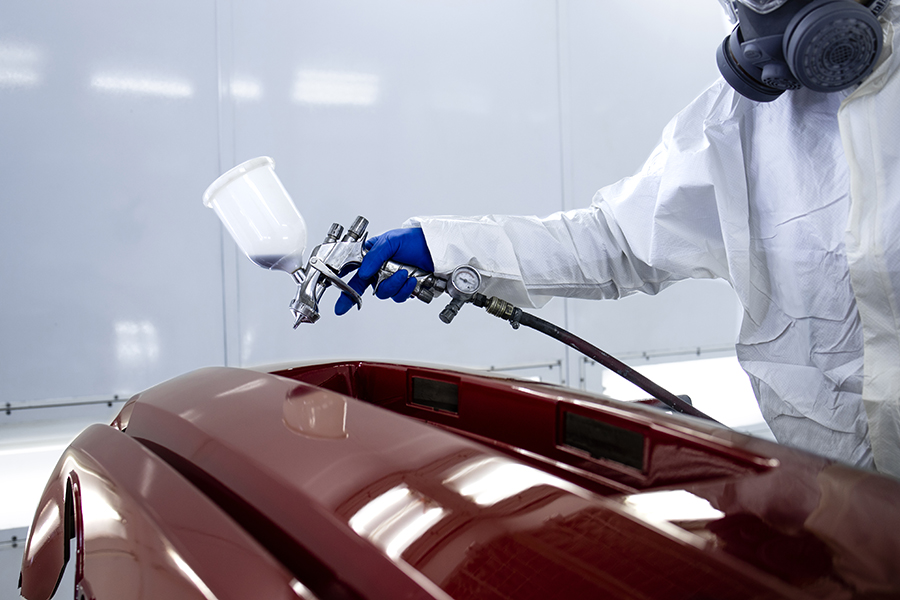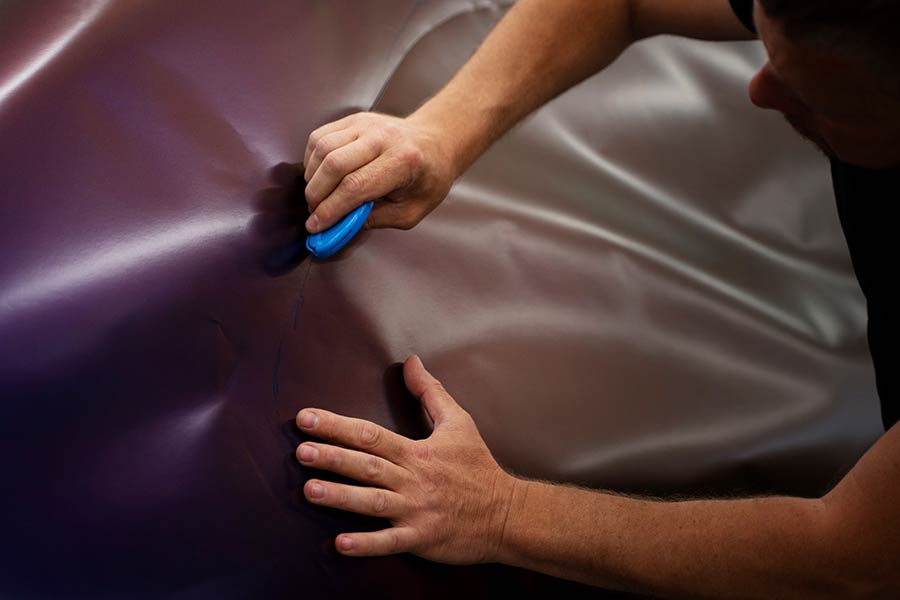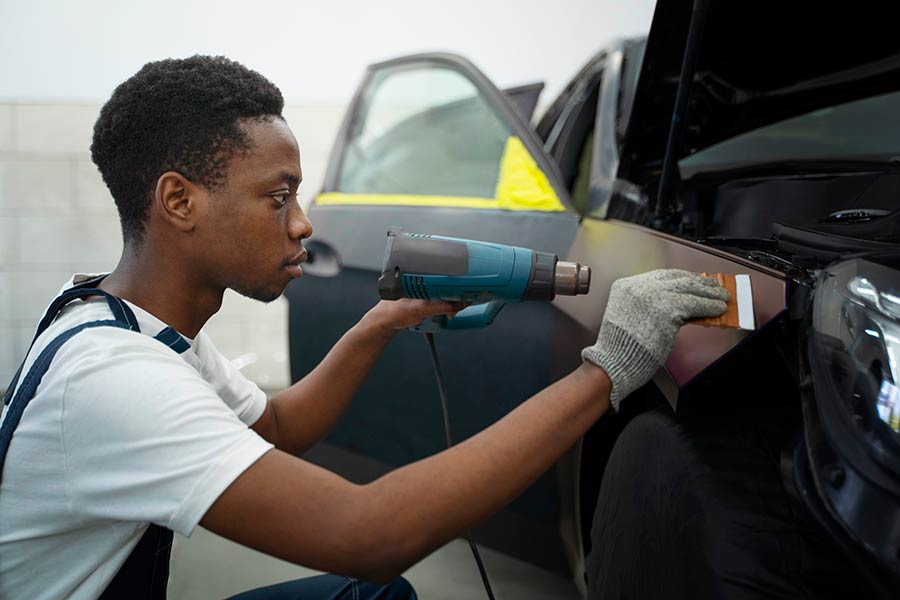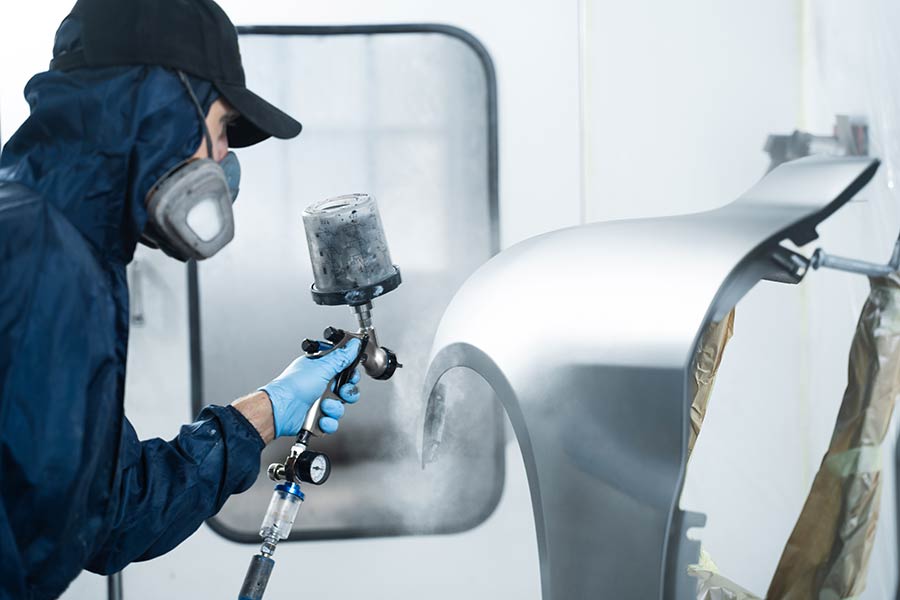Did you know that over 70% of cars on the road have some form of paint damage? Paint repair for cars is crucial to keep your ride looking fresh and new. Whether it's those pesky scratches or annoying chips, fixing them can be a real game-changer. We all want our cars to shine like a superstar at a red carpet event, right? Dive into this guide as we explore how easy it is to tackle these common woes. Trust me, your car will thank you with that glossy glow!
Key Takeaways
- Identify Paint Problems: Learn to spot common paint issues like scratches or chips early to fix them quickly.
- DIY Repair Tips: Use simple tools and kits for minor paint repairs to save money.
- Protect Your Car: Regular washing and waxing can prevent paint damage and keep your car looking new.
- Know When to Call Experts: For large or complex paint damage, seek professional help for the best results.
- Use Quality Products: Always choose high-quality paint and tools for repairs to ensure a lasting finish.
- Regular Inspections: Check your car’s paint often to catch and address issues before they worsen.
Common Paint Issues
Surface Scratches
Light scratches often appear on a car's clear coat. These scratches usually come from minor abrasions. They might happen when brushing against bushes or using rough towels. Surface scratches are typically shallow and less severe. They do not reach the paint layers underneath.
Deep Scratches
Deep scratches are more serious. They penetrate through the paint layers. Sometimes, they even expose the metal underneath. This can happen from keys or sharp objects. These scratches require more intensive repair methods. Painting over them is not enough. The area needs sanding and repainting.
Peeling or Cracked Paint
Peeling or cracked paint is easy to spot. You might see areas where paint is flaking off or cracking. This can happen due to age or poor paint application. When paint peels, it leaves the car vulnerable to rust. Cracked paint exposes the car to further damage. It needs fixing to protect the metal body.
Repair Techniques
Fix Surface Scratches
Surface scratches on a car can be fixed easily. Use a scratch remover or polishing compound to start. Apply it gently over the scratched area. For small areas, touch-up paint works well. After applying the paint, buff the surface. This helps restore its shine and make it look new again.
Repair Deep Scratches
Deep scratches need more work. First, sand the area to smooth out any rough edges. This prepares the surface for painting. Next, apply primer to help the new paint stick better. Then, use matching paint to cover the scratch. Finish with a clear coat for protection. This clear coat shields the paint from damage and keeps it looking shiny.
Handle Peeling Paint
Peeling paint is another common issue. Start by removing loose paint with a scraper. Be careful not to damage the car's body. Sand the area next to create a smooth surface for repainting. Once smooth, repaint with matching color and seal it with a clear coat. The clear coat will protect the new paint from peeling again.
Preventive Measures
Regular Washing
Keeping your car clean helps protect the paint. Wash your car regularly to remove dirt and debris. Use gentle soap and a soft cloth to avoid scratches. Rinse thoroughly to prevent soap residue from sticking to the surface. This simple routine can make a big difference.
Use Protective Coatings
Adding protective layers can shield your car's paint from damage. Apply wax to create a barrier against harmful elements. Consider ceramic coatings for long-lasting protection. These coatings offer a strong shield that lasts longer than wax. Use sealants to guard against UV damage, which can cause fading over time.
Park in Safe Areas
Where you park matters for paint protection. Choose shaded spots to avoid sun damage, as direct sunlight can cause fading and cracking. Avoid parking under trees to prevent sap and bird droppings, which are hard to clean off. Park away from high-traffic areas to reduce the risk of scratches and dents from other vehicles.
Professional Help
When to Consult Experts
Sometimes, cars need more than a simple touch-up. Extensive damage requires professional help. If unsure about fixing paint yourself, consult experts. They know the best solutions for tricky problems. Complex paint issues can be hard to handle alone. Seeking advice ensures the job is done right.
Choosing a Repair Service
Finding the right service is important. Look for certified and experienced technicians. They have the skills needed for quality work. Check reviews and testimonials from past customers. These can show how good a shop really is. Comparing prices and services helps find the best option. Different shops offer different benefits.
Cost Considerations
Repair costs vary greatly. Evaluate DIY versus professional repairs carefully. DIY might seem cheaper, but consider materials and tools needed. These can add up quickly. Professionals often have access to better quality materials. Weighing quality against budget is key. Sometimes spending a bit more ensures lasting results.
Final Remarks
Fixing up your car's paint isn't as daunting as it seems. With a bit of elbow grease and the right know-how, you can tackle those pesky paint issues like a pro. Whether you're dealing with scratches or chips, the repair techniques we've covered have got your back. And hey, don't forget the power of preventive measures to keep your ride looking slick!
But sometimes, calling in the pros is the way to go. They're like the superheroes of paint repair—swift and precise. So, if you're ever in doubt, don't hesitate to seek professional help. Your car deserves that shiny, new look! Now, it's time to roll up your sleeves and get started. Dive into those repairs or preventive steps today. Your car will thank you for it. Let's keep those wheels turning and looking sharp!
Frequently Asked Questions
What are common car paint issues?
Car paint can chip, fade, or peel due to sun exposure, weather, and minor accidents. Think of it like your car's skin getting a sunburn or a scratch. Regular maintenance helps keep it looking fresh.
How can I fix small paint chips myself?
For tiny chips, grab a touch-up kit. It's like makeup for your car. Clean the area, apply the paint, and finish with clear coat. Easy peasy!
Are DIY repair techniques effective?
DIY methods work for minor issues. It's like putting a band-aid on a small cut. For larger problems, professional help is best to ensure quality results.
What's the best way to prevent paint damage?
Regular washing and waxing act as sunscreen for your car. Park in the shade when possible and use a cover if you have one. Prevention is better than cure!
When should I seek professional help for paint repair?
If the damage is extensive or you lack confidence in DIY fixes, it's time to call in the pros. They have the tools and expertise to make your car look new again.
How does weather affect car paint?
Weather can be a villain to your car's paint. UV rays fade it, rain can cause rust, and snow might lead to scratches from ice removal. Protect it like you'd protect yourself!
Can regular washing really help maintain my car's paint?
Absolutely! Regular washing removes dirt and grime that can scratch or dull the paint over time. Think of it as giving your car a refreshing shower—it feels good and looks better!
